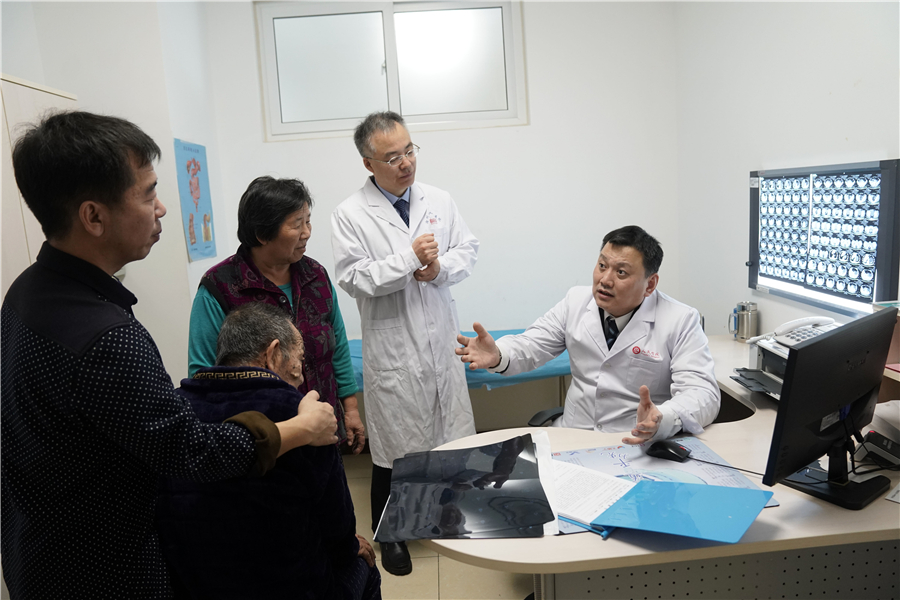Patients feel benefit as drug prices cut


Health: Reimbursement list widens
The negotiations resulted in the average price of drugs being reduced by just over 60 percent, according to the health administration. Agreements were also renewed for another 27 drugs already on the list, with an average price cut of 26 percent, the administration said. The expanded list took effect on Jan 1.
These drugs have proved effective in treating cancer and other serious illnesses, such as hepatitis, diabetes, tuberculosis, and both rare and cardiovascular diseases.
Most of the drugs have only been on the market for just two years. Their inclusion on the reimbursement list will further reduce patients' financial burden, according to the administration.
Xiong Xianjun, head of medical services supervision at the administration, said, "The negotiations were the largest of their kind in China in recent years, resulting in many achievements, including a significant fall in drug prices.
"Some imported drugs will be sold at the lowest prices in the world on the Chinese mainland. Coupled with reimbursement by healthcare insurance funds, it is estimated that the price drop will reduce patients' spending more than 80 percent in general, and by over 95 percent in a few cases."
Only a few years ago, many imported patented drugs, including those to treat cancer, cost more in China than in many other countries due to factors including higher tariffs, costs incurred by middlemen and a lack of domestic competitors. There was no price negotiation system, and many of the drugs were not included in the basic healthcare insurance program for reimbursement.
This placed a great financial burden on millions of cancer patients, with many of them having to buy cheaper generic drugs from countries such as India through the internet, posing potential health and legal risks.
Cancer cases and other chronic illnesses such as cardiovascular disease are rising. According to the National Cancer Institute, more than 10,000 people a day in China are diagnosed with cancer due to the aging population and unhealthy lifestyles. As a result, medical bills are expected to rise rapidly in the coming years.
Last year, Dying to Survive, a movie based on real-life events centering on the dilemma facing many leukemia patients, sparked heated public debate, with calls being made for accelerated efforts to improve patients' access to expensive patented drugs.























